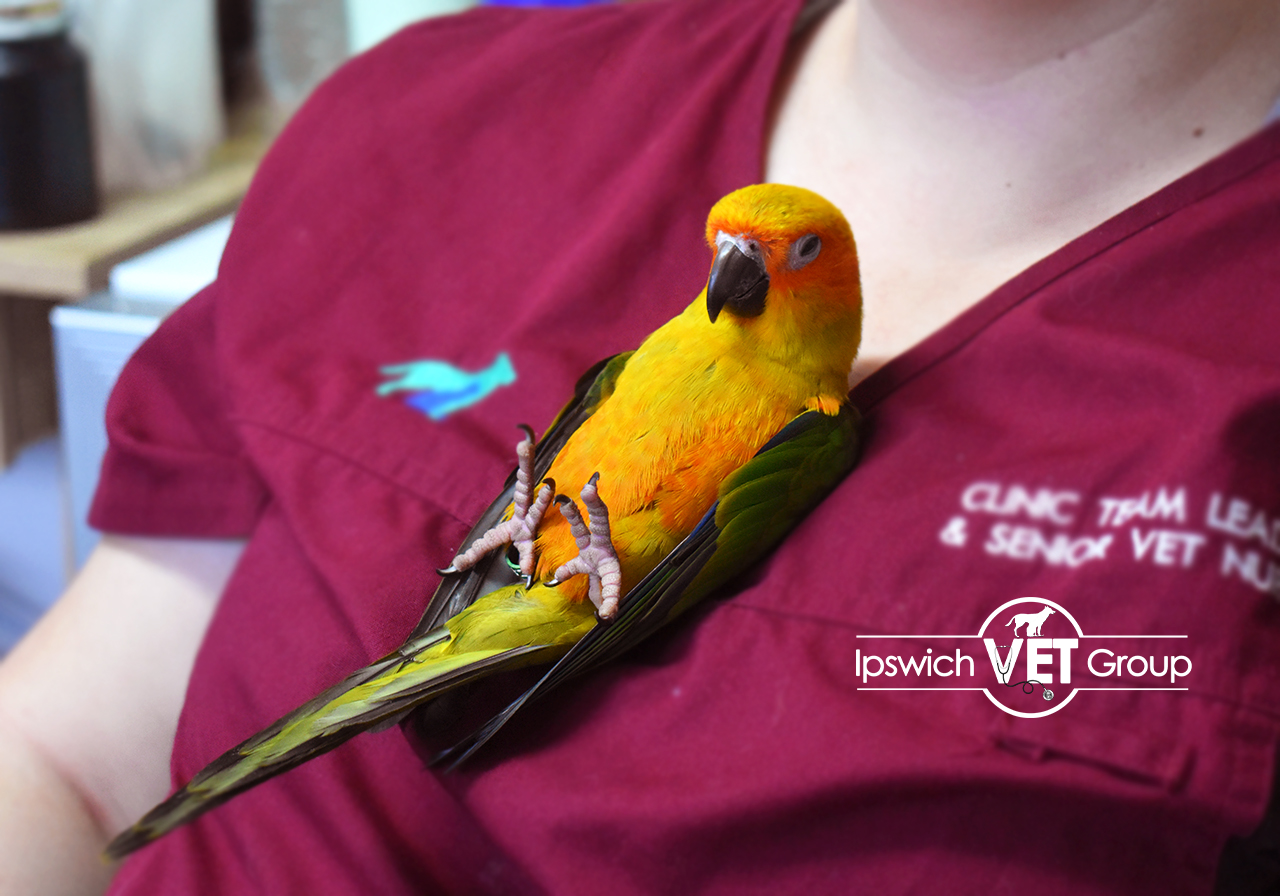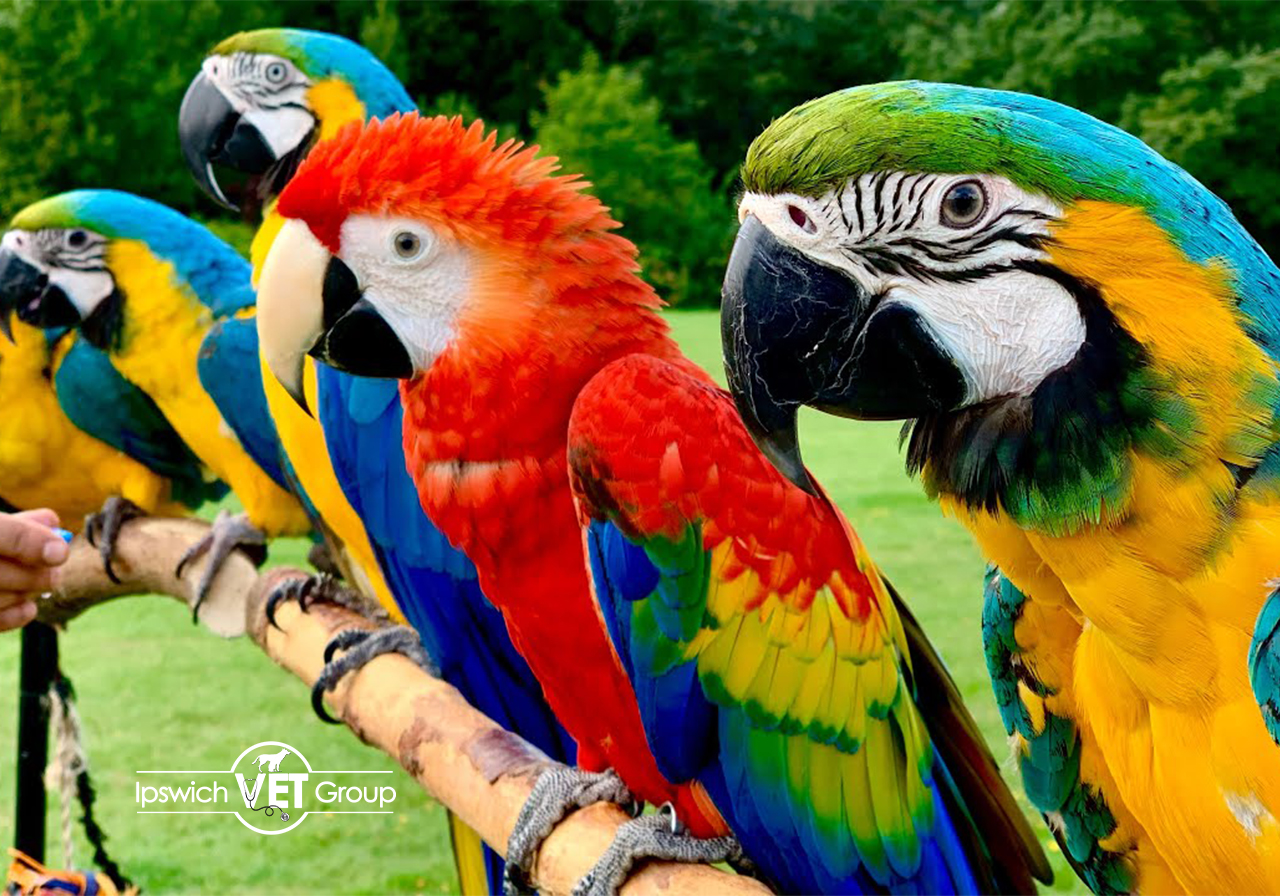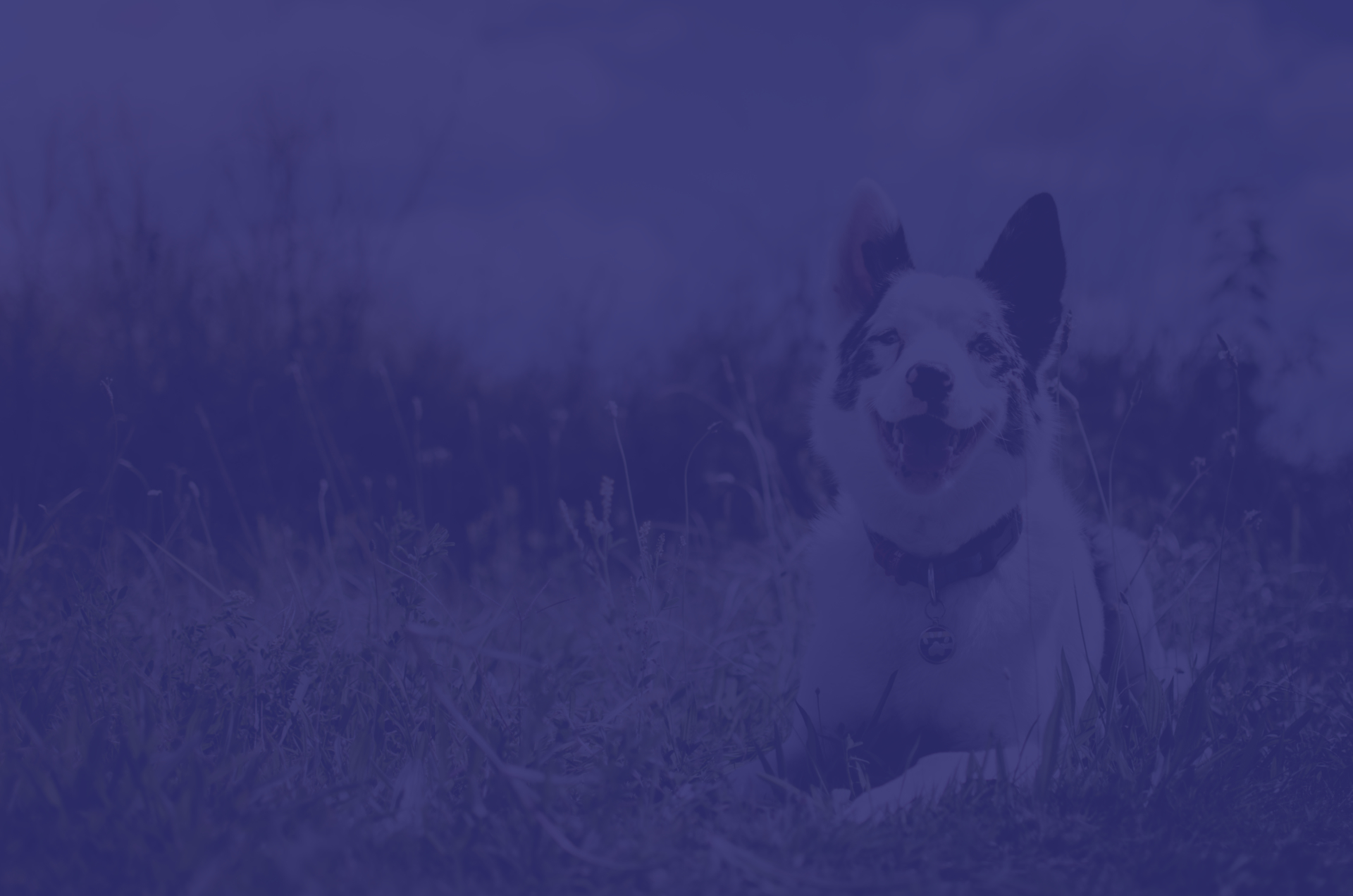Exotic pets are fascinating. Their unique behaviours and complicated social interactions, both with each other and with us, can really teach us all kinds of new information.
Exotic pets are so different from cats and dogs that owning one can be an incredible learning experience. However they have very specific social and environmental needs. It’s important to learn about these needs before embarking upon the journey into exotic pet ownership.
Many exotic pets don’t take up much space, so they are a great pet for apartment living or smaller households. It’s always important to ensure they receive adequate time outside their cage for exercise and socialisation! For anyone with pet allergies, exotic pets are a great option.
Exotic pets, although they aren’t fluffy or furry, can provide the same love, companionship and satisfaction that a dog or cat can offer! Most exotic pets don’t need to be walked!
Exotic pets do need to be handled to ensure socialisation and a good quality of life with ‘out of cage time’ but don’t require the exercise that a dog would!
There are so many reasons to own an exotic pet. With the right mix of special dietary, environmental and social needs, exotic pets of all kinds make loving, interactive and fascinating companions!


Exotic Animal Fast Facts for Pet Parents
- Even exotic animals need to see the veterinarian – annual health exams can help detect issues before they arise!
- Every species of bird is a little different, so their diet varies! It’s important to know what type of bird you have so you can feed the appropriate diet to decrease the incidence of diseases.
- Depending on the type of reptile you have, they may need special lighting to help synthesise vitamin D3 to it’s proper form.
- It’s important to check with your vet before bringing home an exotic pet to ensure you have everything you need to give it the best start in life!
Did you know…
Most birds have only one ovary! In general, most birds only have a left ovary and left oviduct (or fallopian tube). The right ovary and right oviduct are present in the developing bird embryo but regress before most species hatch.
Guinea Pigs do not make their own vitamin C! Guinea pigs must be supplemented with oral vitamin C; as just feeding vitamin C-enriched foods is not enough. Without adequate vitamin C in their diet, guinea pigs cannot make collagen and other proteins needed in their bodies, which can cause their teeth to fall out, their gums to bleed and stop their blood vessels functioning normally.
Some reptiles release their tails when predators grab them! Some reptile species, particularly many lizards, break off their tails when they are grabbed by predators. After the tail is released, it continues to wiggle, thereby distracting the predator and allowing the lizard to escape. Later, the tail regrows over several months – although it can be a different colour or texture than the original tail!
Some exotic pets can live as long as humans! Large birds such as macaws and reptiles like tortoises can live as long as humans – up to 80 years or sometimes even longer! Incredibly, a well cared for goldfish can live up to 40 years!





